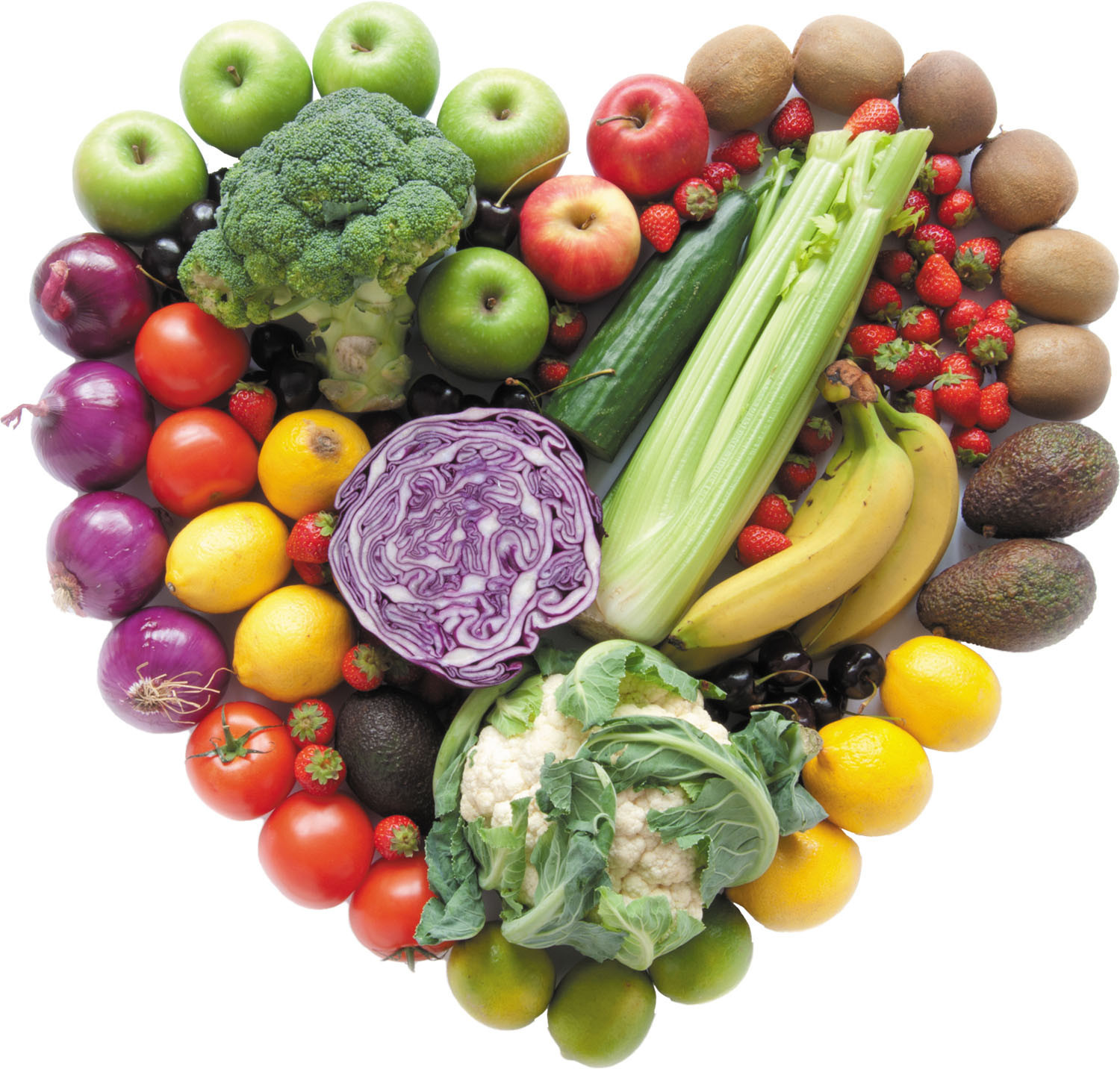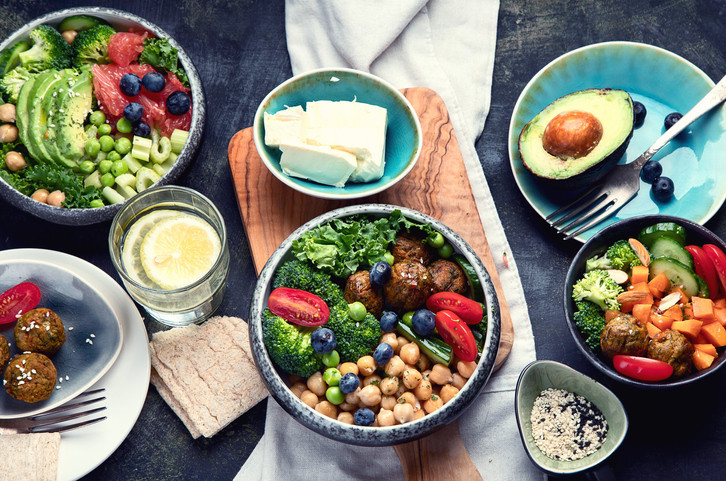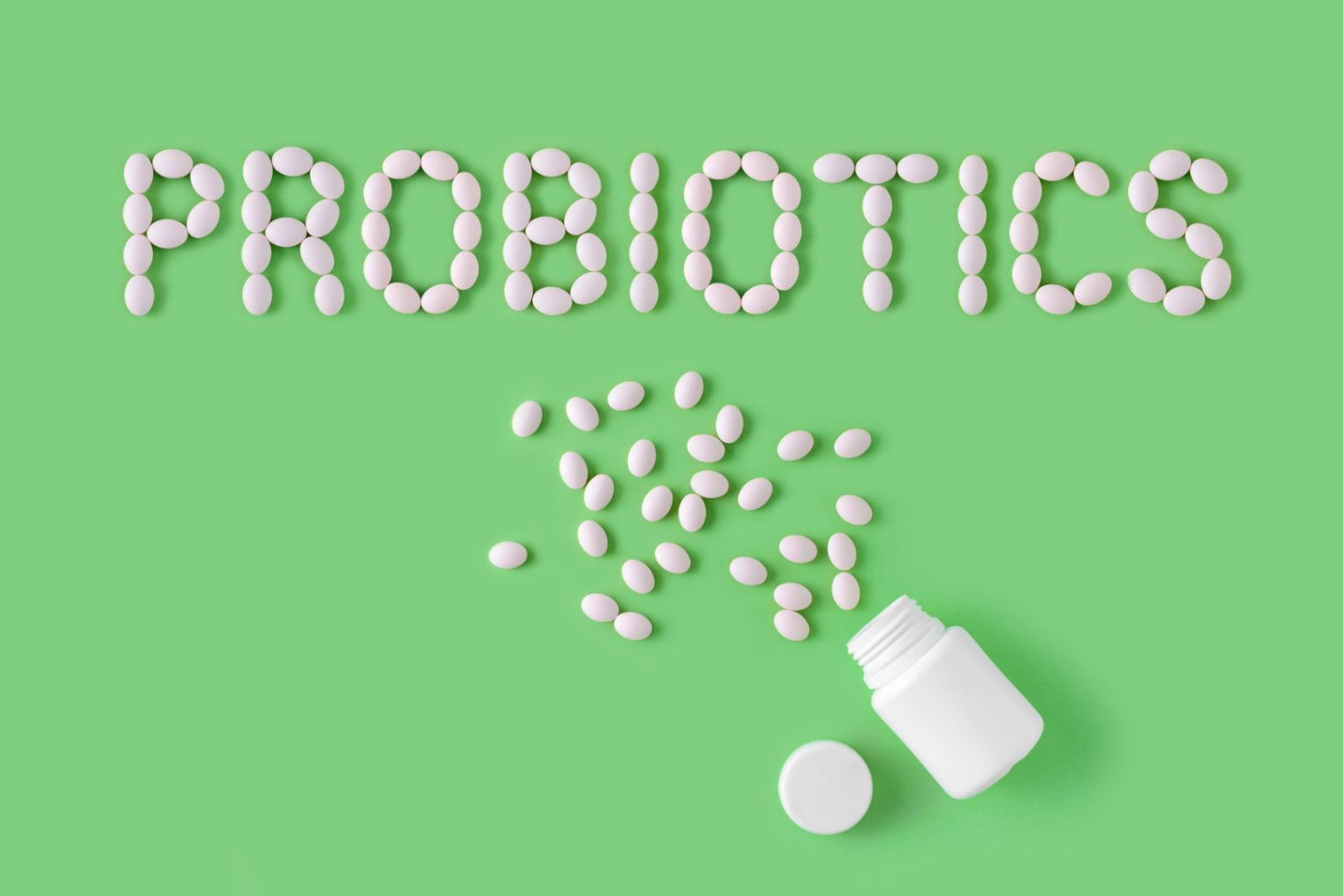
5 timeless habits for better health

What are the symptoms of prostate cancer?

Is your breakfast cereal healthy?

When pain signals an emergency: Symptoms you should never ignore

Does exercise give you energy?

Acupuncture for pain relief: How it works and what to expect

How to avoid jet lag: Tips for staying alert when you travel

Biofeedback therapy: How it works and how it can help relieve pain

Best vitamins and minerals for energy

Should you take probiotics with antibiotics?
Nutrition Archive
Articles
The plant milk shake-up: Pea and pistachio join oat and almond
Pea, potato, and pistachio milk? Supermarkets now sell multiple kinds of plant-based milks made from nuts, beans, grains, vegetables, or fruit. Before trying these, some people might like to know more about nutritional benefits and any other reasons to choose or avoid them.
Vitamin B12 deficiency can be sneaky and harmful
Like most vitamins, B12 can't be made by the body and must be gotten from food or supplements. A B12 deficiency –– which might stem from a vegan or vegetarian diet, or problems with absorption due to weight loss surgery or aging –– can seriously harm nerves, mood, thinking, energy, and more.
The 10 rules of a heart-healthy diet
The American Heart Association released updated dietary guidelines in November 2021. Instead of focusing on certain nutrients, the guidelines emphasize healthy eating patterns that include fruits, vegetables, whole grains, plant-based proteins, and plant-based oils. The guidelines also urge people to avoid foods and drinks that are ultra-processed or that have lots of added sugars; to choose or prepare foods with little or no salt; to limit alcohol consumption; and to follow the rules for a heart-healthy diet no matter what the setting.
Scoring highly on Alternative Healthy Eating Index lowers risk for many illnesses
Should you take probiotics?
Probiotics can be helpful in some cases, but it's unclear whether they are safe for all older adults.
A healthier butter for your heart?
Naturally occurring plant compounds called stanols can help reduce cholesterol. But they may not be found in large enough amounts in butter substitutes to reduce cholesterol levels in the body. The best way to lower is cholesterol is still by eating a plant-based diet with more fruits and vegetables and less processed foods, reducing consumption of saturated fat, and working to maintain a healthy weight.
An anti-inflammatory diet may be good for your joints
Research shows that a diet rich in anti-inflammatory foods, such as fruits and vegetables, healthy oils, and whole grains, may help prevent some joint problems, such as gout or even osteoarthritis. The benefit is less pronounced if a person has joint problems already. Diet cannot reverse joint problems completely, but it may help with disease management in combination with other treatments.
Why is eating healthy so hard?
Many people still struggle with healthy eating, even though they know the basic guidelines to follow. This often is due to misperceptions that following a healthy diet is too difficult and too expensive. Making small changes in one's diet can help many people change their attitude about healthier eating and make it easier to embrace.
Are certain fruits healthier than others?
Most people have heard the nutritional recommendation to eat five servings of fruit per day. But are some fruits better for you than others? Is it okay to eat dried or frozen fruit, or to drink fruit juice? Does it have to be organic?

5 timeless habits for better health

What are the symptoms of prostate cancer?

Is your breakfast cereal healthy?

When pain signals an emergency: Symptoms you should never ignore

Does exercise give you energy?

Acupuncture for pain relief: How it works and what to expect

How to avoid jet lag: Tips for staying alert when you travel

Biofeedback therapy: How it works and how it can help relieve pain

Best vitamins and minerals for energy

Should you take probiotics with antibiotics?
Free Healthbeat Signup
Get the latest in health news delivered to your inbox!
Sign Up











